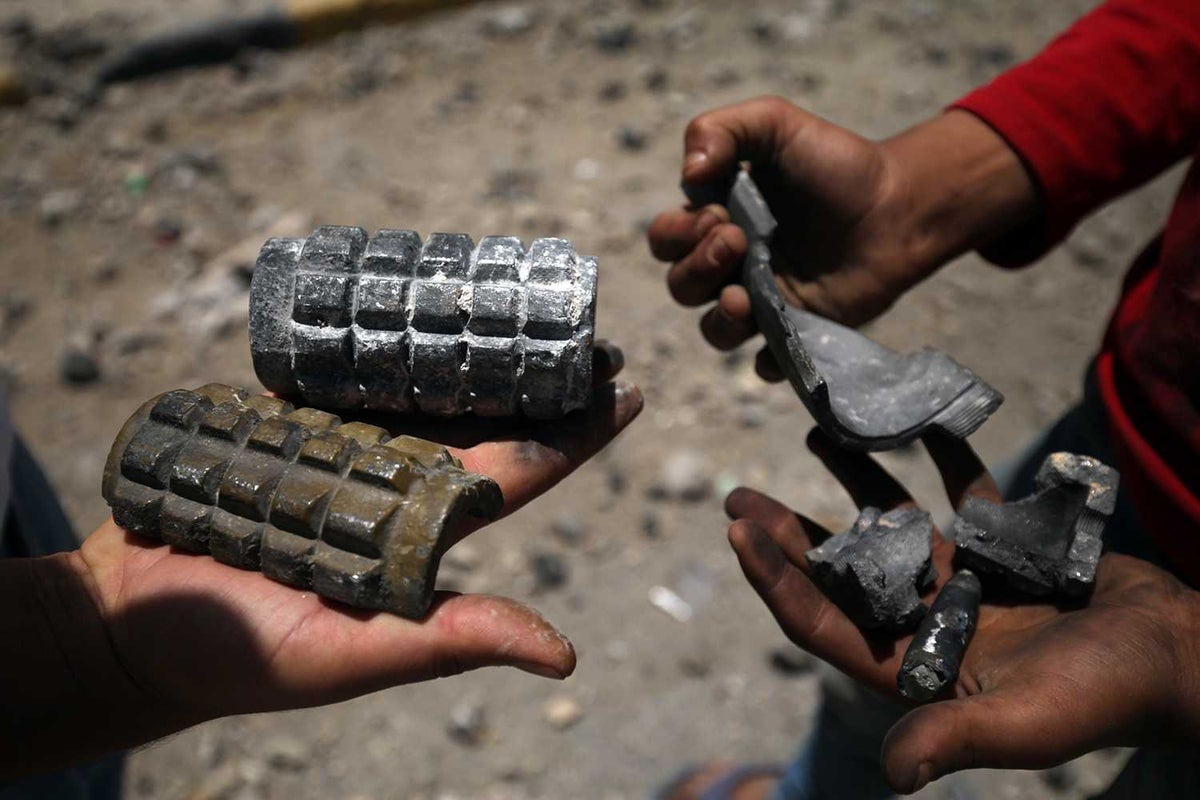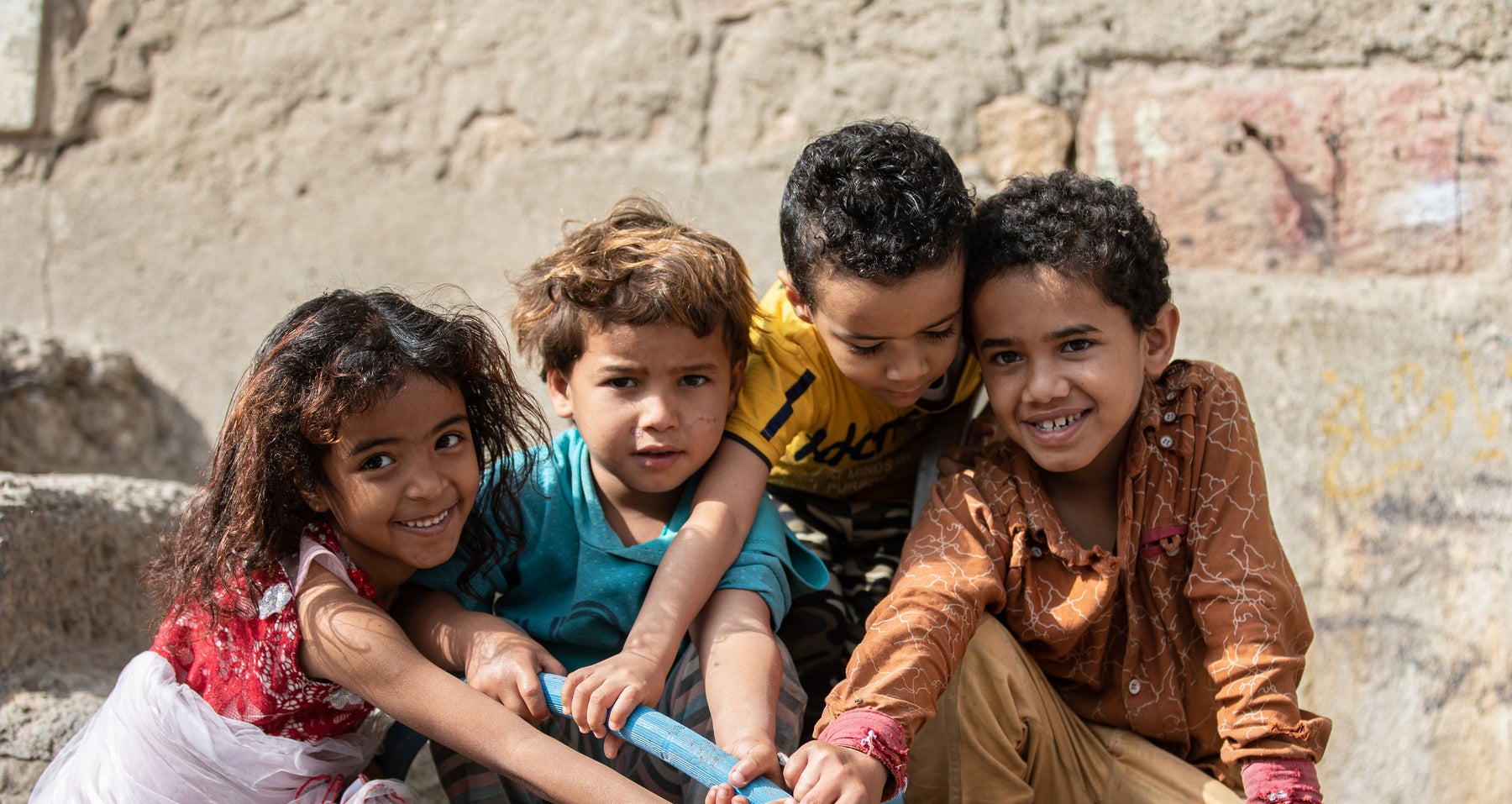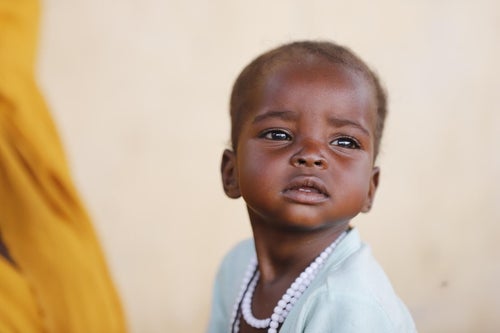UNICEF Middle East Regional Director and Australian humanitarian Peter Salama has ended a three-day visit to Yemen where he witnessed the impact of the country’s brutal conflict on children.
The visit followed UNICEF’s confirmation of 365 children killed since the conflict escalated in late March. An additional 484 children have been injured according to monitoring carried out by UNICEF and its partners in Yemen.
“These figures underline the extent to which Yemeni children continue to be the innocent victims of this appalling violence,” Dr Salama said ahead of a deadline set by the coalition for a five-day truce to allow humanitarian aid to be to Yemen.

"This is totally unacceptable and with no end in sight to the conflict, the safety and welfare of children should be put above and beyond all military and political considerations."
Dr Salama said aside from the direct impact of the conflict on children, millions faced increased risk of an outbreak of measles, malaria, diarrhoea and pneumonia and more than one million children were now at risk of acute malnutrition.
“As tragic as the deaths and injuries among children are the indirect impact of the violence may result in far more deaths among children in the long term and could affect an entire generation,” Dr Salama said.
"The conflict has compounded the misery of children living in the poorest country in the region."
UNICEF is calling for:
1. All parties to the conflict to abide by international humanitarian law and avoid targeting civilians and civilian infrastructure including schools and water and health facilities;
2. All parties to the conflict to provide humanitarian agencies with guaranteed safe access to reach children wherever they are in the country;
3. All partners to work with UNICEF to expand programs for the women and children of Yemen;
4. International donors to rapidly step up their support for humanitarian programs in Yemen at this critical time.
UNICEF will expand its Yemen programs to: combat risks to maternal and child survival; to address poor nutrition among children; to improve water, sanitation and hygiene; and to deliver education and child protection.
UNICEF has more than 130 staff in Yemen and has remained in the country throughout the conflict. Despite dangerous and difficult conditions, UNICEF works for children across all parts of Yemen.
Protect children from conflict
In Yemen and wherever children are caught in the middle of conflict, UNICEF works to uphold their fundamental rights to protection, health care and education.
You can help us continue this critical work for kids, wherever the need is greatest.
Related articles
Stay up-to-date on UNICEF's work in Australia and around the world
















